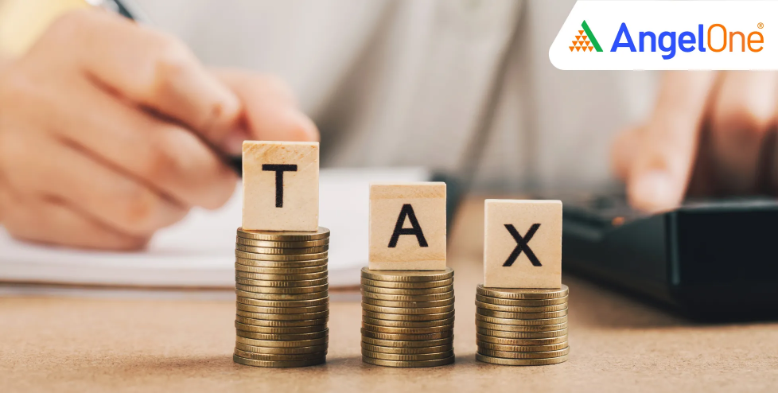
For many taxpayers, the question of whether to pay advance tax can be confusing. This is especially true for the new tax regime, where rebates and exemptions differ from the old system.
The short answer is simple: if your total tax payable for the financial year exceeds ₹10,000, you must pay advance tax, regardless of whether your income is ₹12 lakh or less.
Advance tax applies when your total tax liability (after accounting for tax deducted at source or TDS) exceeds ₹10,000 in a financial year. It must be paid in four instalments during the year: by June 15, September 15, December 15, and March 15.
However, senior citizens aged 60 years and above, who do not have income from business or profession, are exempt from paying advance tax.
Consider a taxpayer under the new regime with ₹3 lakh of bank interest income and ₹3 lakh in short-term capital gains from listed shares during FY26.
If ₹30,000 TDS has already been deducted by the bank, the remaining liability would be ₹10,000 plus ₹400 cess—bringing the total to ₹10,400. Since this exceeds ₹10,000, advance tax payment becomes mandatory.
A rebate of up to ₹60,000 is available to residents with total income up to ₹12 lakh under the new regime. However, an amendment to Section 87A has created uncertainty about whether this rebate can be applied to short-term capital gains.
While some earlier rulings allowed the rebate even on capital gains, the recent change indicates that it may not apply to such income. As a result, to avoid disputes with the tax department, experts suggest not claiming the rebate against short-term capital gains and paying the advance tax accordingly.
Read more: 8th Pay Commission: Will the Rising AICPI-IW Lead to a DA Hike?
If your total tax liability after TDS exceeds ₹10,000, you must pay advance tax, even if your total income is below ₹12 lakh under the new tax regime. Only senior citizens without business income are exempt.
For investors earning capital gains along with interest income, it’s best to calculate tax liability carefully and pay the balance as advance tax within the due dates to avoid penalties and interest.
Disclaimer: This blog has been written exclusively for educational purposes. The securities mentioned are only examples and not recommendations. This does not constitute a personal recommendation/investment advice. It does not aim to influence any individual or entity to make investment decisions. Recipients should conduct their own research and assessments to form an independent opinion about investment decisions.
Published on: Nov 7, 2025, 5:03 PM IST

We're Live on WhatsApp! Join our channel for market insights & updates
